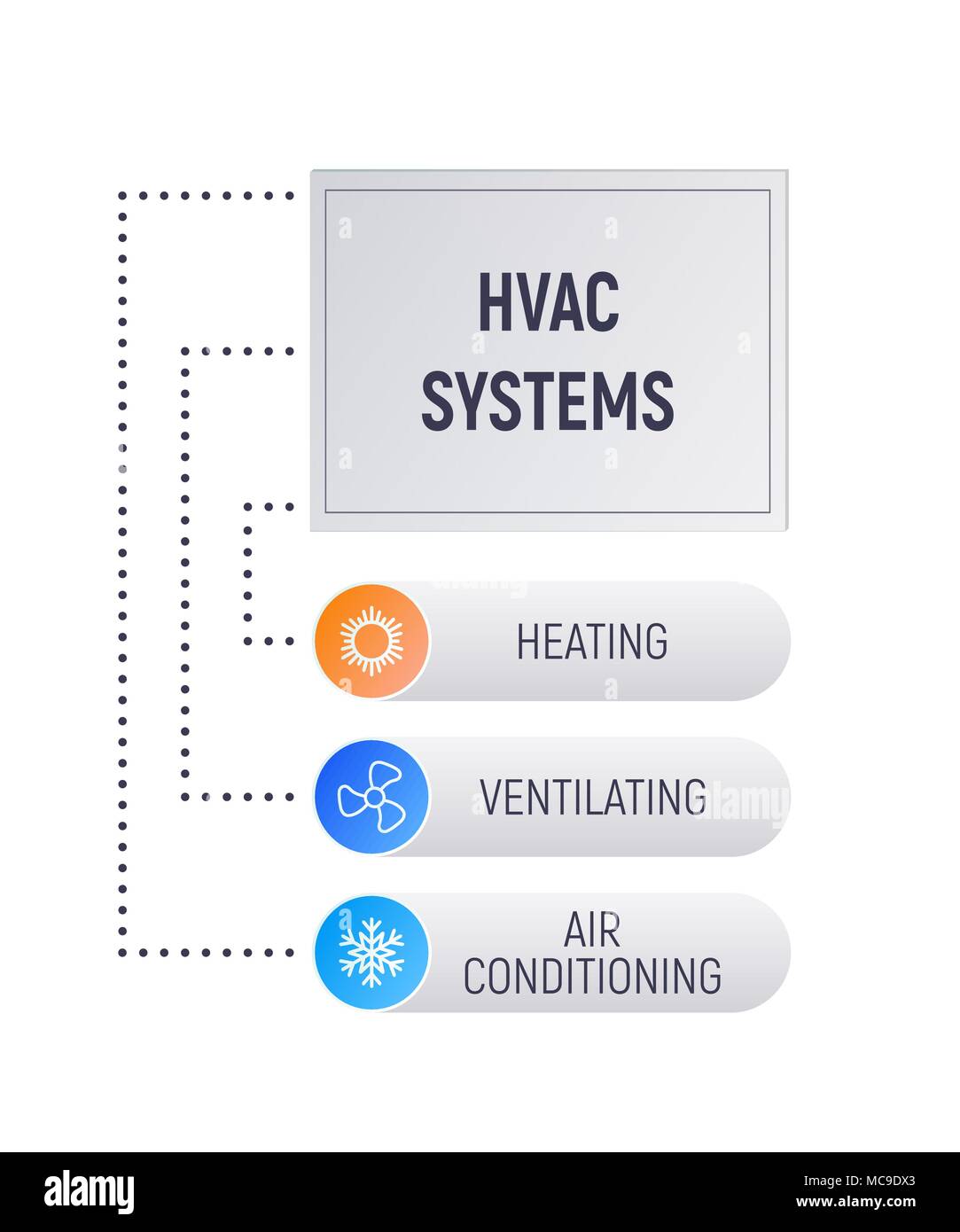When it comes to choosing the ideal size heatpump for your home, you require to navigate with a puzzle of considerations. From the square video footage of your living space to the insulation top quality, each element plays an important duty in identifying the right fit for your heating and cooling down demands. Yet how do you ensure you make the very best selection without spending beyond your means or underperforming? By understanding the details that go into sizing a heat pump, you can effectively enhance your home's comfort degrees while maintaining energy prices in check.
Factors to Think about
When selecting the appropriate size heat pump for your home, a number of key elements need to be thought about.
Initially, evaluate the dimension of the location you need to heat or cool. A larger space will certainly require a more effective heatpump, while a smaller location can be effectively serviced by a smaller device.
Second of all, think about the environment in your region. Warmer environments might need much less home heating power however more cooling capacity, while chillier climates will require a more robust heating function.
Furthermore, consider dc heatpump of your home. Well-insulated what is the best heat pump to buy in nz retain warm much better, implying you might need a smaller heat pump. On the other hand, improperly shielded homes will certainly benefit from a larger system to make up for warm loss.
Last but not least, consider the design of your home. Several floors, open-concept rooms, and the variety of home windows can all influence the dimension of the heat pump you need. By christchurch heat pumps thinking about these aspects, you can guarantee that your heatpump properly satisfies your home's cooling and heating needs.
Computing the Required Ability
To figure out the called for ability for your heat pump, you need to compute the home heating and cooling down lots of your home.
The home heating lots is the quantity of heat needed to maintain your home cozy during the chilliest days, while the air conditioning load is the quantity of heat your home gains on the hottest days. Variables such as the dimension of your home, insulation levels, variety of windows, and environment area all play a role in these estimations.
Determining the home heating tons includes figuring out the heat loss through wall surfaces, ceilings, windows, and floorings. You can utilize software program devices or consult with an expert to accurately analyze this.
For the cooling lots, factors like solar warmth gain, air infiltration, and inner warm sources need to be taken into consideration.
Picking the Suitable Heatpump Dimension
Establishing the excellent dimension for your heatpump is essential to ensure efficient heating & cooling in your home. Choosing the best heat pump dimension includes thinking about the square footage of your home, insulation degrees, environment conditions, and any type of certain heating or cooling demands. If your heatpump is as well small, it will certainly have a hard time to warm or cool your home properly, causing increased energy intake and damage on the unit.
On the other hand, a large heatpump will certainly cycle on and off regularly, causing temperature changes and reduced comfort.
To pick the suitable heatpump size, it's recommended to speak with a professional a/c technician. They can perform a lots calculation to establish the proper dimension based upon your home's special needs. By picking the best size heatpump, you can maximize energy performance, reduce operating prices, and take pleasure in regular comfort throughout your home.
Final thought
In conclusion, picking the right size heatpump for your home is necessary for optimum comfort and energy performance. By taking into consideration variables like the dimension of your home, insulation, and environment, you can determine the needed ability and select the optimal heatpump dimension. Speak with cooling and heating specialists to make certain precise load estimations and avoid choosing a heatpump that is as well tiny or as well big. This will eventually help you minimize operating expense and appreciate a much more comfortable home environment.
